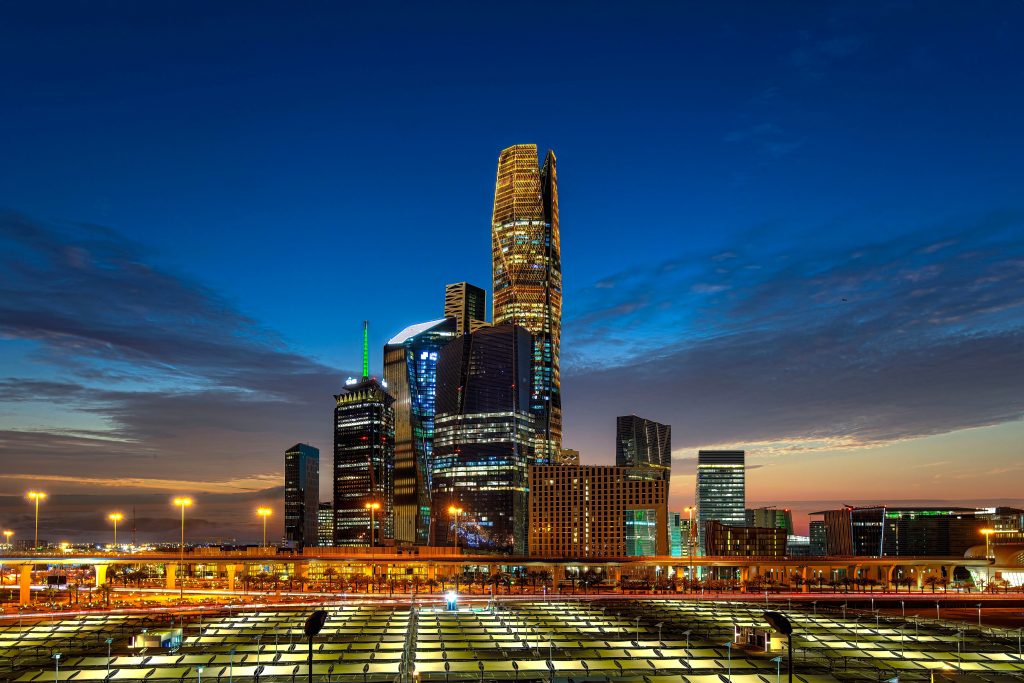The Kingdom of Saudi Arabia has unveiled a set of new legislations aimed at enhancing transparency and streamlining the investment process within its borders. This strategic move is intended to draw in additional foreign investment and bolster the country’s economic diversification in line with its Vision 2030 plan.
The Council of Ministers has ratified a revamped investment framework that bolsters investor protections, ensuring adherence to the rule of law, equitable treatment, and the unrestricted movement of capital. This development is part of the Saudi leadership’s initiative to secure billions in fresh capital to decrease the nation’s dependence on oil.
Moreover, the Ministry of Investment highlighted through the Saudi Press Agency that the new regime is a cornerstone for Saudi Arabia’s future investment landscape. It aims to magnetize international investors by delineating clear rights, fostering fair competition, and smoothing the regulatory milieu, keeping in view the nation’s long-term objectives. This reform is set against the competitive backdrop of the Middle East, particularly with the United Arab Emirates and Dubai, which have become central business hubs in the region.
Under this system, investor obligations and entitlements are standardized, offering enhanced clarity, adaptability, and confidence. The framework advocates for equal opportunities, simplifies administrative processes, and aids in resolving disputes effectively. It also presents investors with alternative dispute resolution avenues, including arbitration, mediation, and conciliation, while presenting incentives to both domestic and international investors.
The Saudi government assures that the revised law aligns with global best practices and was formulated with inputs from global investors and international entities. Khalid Al-Falih, the Minister of Investment, remarked, “The new system underscores the Kingdom’s pledge to create a conducive, secure, and supportive climate for investors.” Al-Falih emphasized that the drive to enhance the competitiveness and allure of the investment framework, particularly in terms of regulations and laws, is rooted in the economic tenets established by the Basic Law of Governance and international best practices. This led to the overhaul of the foreign investment legislation, which was originally instituted some 25 years ago, to establish a comprehensive framework beneficial to both Saudi and foreign investors.
In 2023, foreign direct investment (FDI) inflows hit 19 billion dollars, surpassing the annual average of 17 billion from 2017 to 2022, albeit falling short of the 22 billion target for the year. In the first quarter of the year alone, FDI inflows reached 4.5 billion dollars, with the government aiming for 29 billion by 2024 and hoping to exceed 100 billion annually by 2030.
The reforms will discard the foreign investor licensing system, replacing it with a ‘simplified’ registration procedure, and establish dedicated service centers to expedite investments. These changes are expected to be implemented in early 2025.
The modernized system will permit investments across all sectors, upholding the principle of entrepreneurial freedom, although a list of activities that require prior approval for investment will be maintained and regularly updated by the pertinent ministry.
Since the commencement of Vision 2030 in April 2016, Saudi Arabia has taken several steps to attract foreign investment, including issuing special investor visas, setting up special economic zones with reduced tax rates, and enacting new civil transactions and bankruptcy laws.
In December 2023, the new Saudi civil code was introduced, replacing a judicial system where judges had complete autonomy to settle commercial disputes based on Islamic law. This code is part of the Vision 2030 reform agenda, which seeks to transition the Saudi economy from its oil and gas roots.
Five years post the implementation of the bankruptcy system, which began to alter the investment landscape in the country, Saudi Arabia has executed over 800 economic reforms. These reforms have led to a 74% surge in total fixed capital formation, which amounted to 300 billion dollars in 2023 as compared to 2017. Foreign direct investment also saw a 61% increment during the same timeframe, amounting to approximately 215 billion dollars.
In a significant achievement, Saudi Arabia topped the charts in the Middle East and North Africa for venture capital investments in 2023, as per the Magnitt platform. The Kingdom accounted for around 52% of the total venture capital investment in Arab markets last year, a jump from 31% the year before. This 33% increase from 2022 underscores the competitiveness of the Saudi market and solidifies its status as the largest economy in the Arab world and an influential global player as a member of the G20 and the BRICS group.
